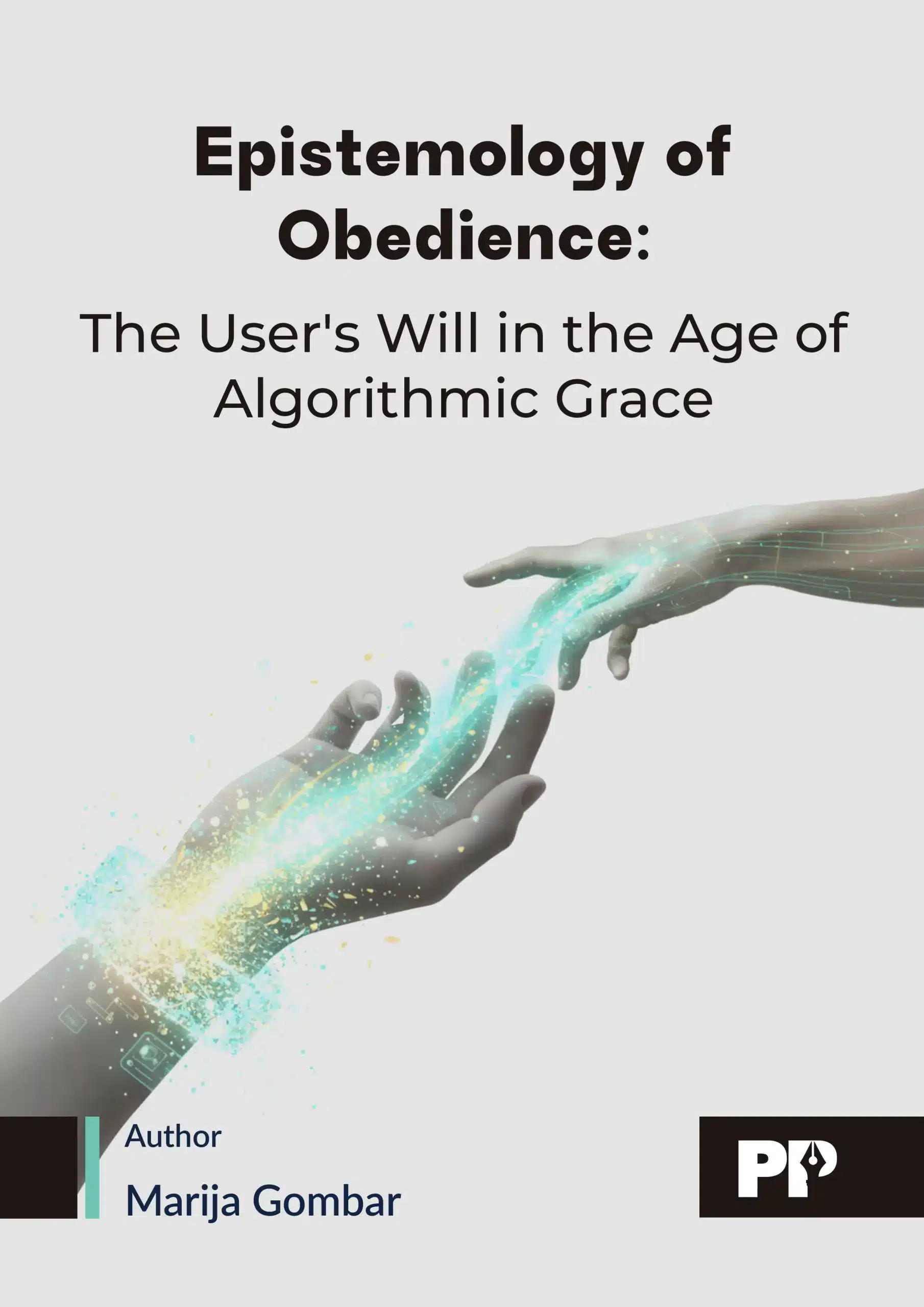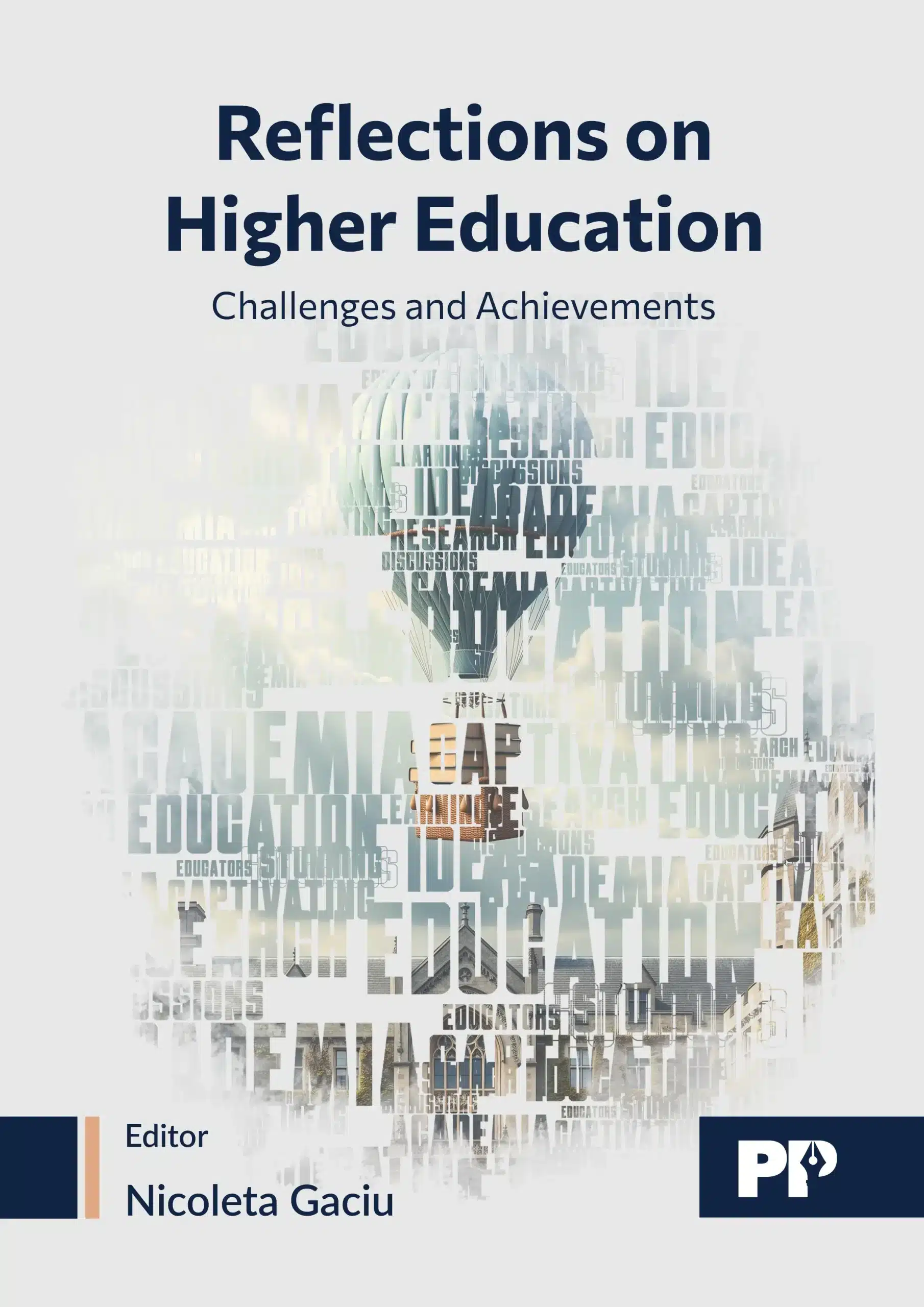Aaker, D. A., & Joachimsthaler, E (2000). Brand leadership. New York: The Free Press.
Albers-Miller, N. D., & Royne Stafford, M. (1999). An international analysis of emotional and rational appeals in services vs goods advertising. Journal of consumer marketing, 16(1), 42-57.
Alcada, M., Lisitzin, K & Manz, K. (2013). Turismo e Patrimonio Mundial: Selecao De Abordagens E Experiencias De Gestao Em Sitios Do Patrimonio Mundial De Origem E Influencia Portuguesa, Turismo de Portugal/Unesco.
Andreasen, A. R. (1995). Marketing social change: Changing behavior to promote health, social development, and the environment. San Francisco: Jossey-Bass.
Barkauskiene, K. & Snieska, V. (2013). Ecotourism as an Integral Part of Sustainable Tourism Development. Economics and Management, 18(3), 449-456.
Black, I. R., & Morton, P. (2017). Appealing to men and women using sexual appeals in advertising: In the battle of the sexes, is a truce possible?. Journal of Marketing Communications, 23(4), 331-350.
Blamey, R. (2001). Principles of Ecotourism. The Encyclopedia of Ecotourism. D.B. Weaver, Ed, New York: CABI Publishing, 5-22.
Buckley, R. (1994). A Framework for Ecotourism, Annals of Tourism Research, 21(3), 661- 669
Buckley, R., & Mossaz, A. (2018). Private conservation funding from wildlife tourism enterprises in sub-Saharan Africa: Conservation marketing beliefs and practices. Biological Conservation, 218, 57-63.
Carrera, Filipe. Marketing Digital na versao 2.0-O que nao pode ignorar. Lisboa: Edicoes Silabo, 2009.
Castells, M., & Cardoso, Gustavo. (2005). A sociedade em rede: Do conhecimento a acao politica.
Cater, E. (1993). Current Issues: Ecotourism in the Third World: Problems for Sustainable Tourism Development. Tourism Management, 14(2) 85-90
Cheia, G. (2013). Ecotourism: Definition and Concepts, Journal of Tourism, 15, 56-60
Cohan, J. A. (2001). Towards a new paradigm in the ethics of women’s advertising. Journal of Business Ethics, 33(4), 323-337.
Coutinho, C.P. (2011). Metodologia de Investigacao em Ciencias Sociais e Humanas: Teoria e Pratica. Coimbra: Edicoes Almedina.
Courtney, A. E., & Whipple, T. W. (1983). Stereotyping in Advertising.
Cowan, R. S. (2018). The “Industrial Revolution” in the home: household technology and social change in the twentieth century. In the Routledge Companion to Modernity, Space and Gender (pp. 81-97). Routledge.
Cutler, B. D., & Javalgi, R. G. (1993). Analysis of print ad features: services versus products. Journal of Advertising Research, 33(2), 62-70.
Diamantis, D. & Ladkin, A. (1999). The Links Between Sustainable Tourism and Ecotourism: A Definitional and Operational Perspective. Journal of Tourism Studies, 10(2), 35.
Denzin, N. K., & Lincoln, Y.S. (2000). Handbook of qualitative research (2th ed.). SAGE Publications.
Dourado, A. (2012). A publicidade na pesquisa sociologica em Portugal: vazio ou domínio emergente? Comunicacao e Sociedade, 19, 287-300.
Dumitrescu, C., Marcu, V., Popescu, G., Marin, D. & Moisa, S. (2013). The Eco-Business as a Trend in Tourism. Lucrări Științifice Management Agricol, 15(4), 315.
Ecoclub. (2006). The Ecoclub Interview with the ‘Architect of Ecotourism’. Ecoclub International Ecotourism Monthly, 7 (85)
Fennell, D. (1998). Ecotourism in Canada, Annals of Tourism Research, 25(1), 231-235
Guba, E. G., & Lincoln, Y. S. (1994). Competing paradigms in qualitative research. In N.K. Denzin & Y. S. Lincoln (Eds.), Handbook of qualitative research (pp. 163-194). SAGE Publications.
Hans-Georg, G. (1975). Truth and Method. London: Sheed & Ward. Hastings,Hawkins, D. & Lamoureux, K., (2001), Global Growth and Magnitude of Ecotourism, The Encyclopedia of Ecotourism, D.B. Weaver, New York: CABI Publishing, 63-72.
Hetsroni, A. (2000). The relationship between values and appeals in Israeli advertising: A smallest space analysis. Journal of Advertising, 29(3), 55-68.
Higham, J. (2007). Critical Issues in Ecotourism: Understanding a Complex Tourism Phenomenon. Amsterdam Elsevier, Butterworth Heinemann, 1
Johar, J. S., & Sirgy, M. J. (1991). Value-expressive versus utilitarian advertising appeals: When and why to use which appeal. Journal of advertising, 20(3), 23-33.
Kacen, J., & Nelson, M. (2002). We’ve come a long way baby–or have we? Sexism in advertising revisited. In Proceedings of the 6th Conference on Gender, Marketing and Consumer Behaviour (pp. 291-308). Kapferer, J.N. (1991). Gestao de marcas – capital de empresa. Lisboa: Edicoes CETOP.
Kotler, P., & Andreasen, A. R. (1991). Strategic marketing for nonprofit organizations (4th
ed.). Englewood Cliffs, N.J.: Prentice-Hall.
Kotler, P., & Roberto, E. L. (1992). Marketing Social: Estrategias para alterar o comportamento publico. Rio de Janeiro: Campus.
Kotler, P., & Armstrong, G. (2001). Principles of Marketing (9th ed.). Prentice-Hall.
Kotler, P., Roberto, N., & Lee, N. (2002). Social Marketing: Improving the quality of life. SAGE Publications.
Krieppendorf. K. (2004). Content Analysis: An introduction to its methodology (2th ed.). Thousand Oaks, CA: SAGE Publications.
Krugman, H. E. (1965). The impact of television advertising: Learning without involvement. Public opinion quarterly, 29(3), 349-356.
Latorre, A., del Rincon Igea, D., & Arnal, J. (1996). Bases metodologicas de la investigacion educativa. Barcelona: Hurtado Ediciones.
Lendrevie, J., Levy, J., Dionisio, P., & Rodrigues, J. V. (2015). Mercator da Lingua Portuguesa: Teoria e Pratica do Marketing (16th ed.). Publicacoes D. Quixote
Machado, A. F. Sousa, B. Luxo Sustentavel em Contextos de Hotelaria e Turismo: Do diferencial competitivo a preocupacao com a responsabilidade social. International Journal of Marketing, Communication and New Media. Special Issue 4 – Luxury Marketing, 2018, p. 28 – 56. Available at http://u3isjournal.isvouga.pt/index.php/ ijmcnm
Malheiro A; Sousa B. Ferreira, L. Compreender o papel das redes sociais no comportamento do consumidor: a perspetiva do setor hoteleiro na regiao norte. Revista Iberica de Sistemas e Tecnologias de Informacao (RISTI), E24 (11), 2019, p. 299-312.
Malhotra, N.K. (2002). Pesquisa de Marketing: Uma orientacao aplicada (3th ed.). Bookman.
Marujo, Maria. A internet como novo meio de comunicacao para os destinos Turisticos: O caso da Ilha da Madeira. Revista Turismo em Analise, 19(1), 25-42, 2008.
McKenzie-Mohr, D., & Smith, W. (1999). Fostering sustainable behavior. An introduction to community-based social marketing. Canada: New Society Publishers.
Miller, K. (1978). Planning National Parrs For Ecodevelopment Methods and Cases from Latin America. Ann Arbor: University of Michigan, 1
Moriarty, S. E. (1991). Creative advertising: Theory and practice. Prentice Hall.
Neiman, Z. & Rabinovich, A. (2008), A Educacao Ambiental Atraves do Ecoturismo: o Diferencial das Atividades de Contato Dirigido com a Natureza, Pesquisa em Educacao Ambiental, 3(2), 77-101
Neth, B. (2008). Ecotourism as a Sustainable Rural Community Development and Natural Resource Management in Tonle Sap Biosphere Reserve, Kassel University Press, Kassel
ONU. (2002). World Summit on Sustainable Development. Plan of Implementation. United Nations. Proceedings of the World Summit on Sustainable Development. Johannesburg
Orams, M. (2001). Types of Ecotourism, The Encyclopedia of Ecotourism, D.B. Weaver Ed., New York: CABI Publishing, 23-36.
Pollay, R. W. (2000). The distorted mirror: Reflections on the unintended consequences of advertising. Advertising & Society Review, 1(1).
Rangel, L. & Guerra, A. (2018). Caracterizacao de Atributos do Solo de Trilhas Ecoturisticas em Unidades de Conservacao do Municipio De Paraty (RJ). Revista Brasileira de Geomorfologia, 19(1), 17-31
Ross, S. & Wall, G. (1999). Ecotourism: towards congruence between theory and practice, Tourism Management, 20, 123-132
Roseta, P.; Sousa, B.B.; Roseta, L. (2020). Determiners in the Consumer’s Purchase Decision Process in Ecotourism Contexts: A Portuguese Case Study.
Geosciences,
10, 224, 1-18. https://doi.org/10.3390/geosciences10060224
Rossiter, J. R., & Percy, L. (1991). Emotions and motivationa in advertising. ACR North American Advances.
Saunders, M., Lewis, P., & Thornhill, A. (2009). Research methods for business students (5th ed.). Pearson education.
Scheyvens, R. (1999). Ecotourism and the Empowerment of Local Communities. Tourism Management, 20(2), 245-249.
Siegel, M., & Doner, L. (1998). Marketing public health: Strategies to Promote Social Change. Gaithersburg, Maryland: Aspen Publishers
Sousa, B. & Soares, D. (2019). Combat to abandonment and mistreatment of animals: a case study applied to the Public Security Police (Portugal). In M. M. Galan-Ladero & H. M. Alves (Eds.), Case Studies on Social Marketing (pp. 245-252). Management for Professionals. Springer. https://doi.org/10.1007/978-3-030-04843-3_21
Spinola, C. (2006). O Ecoturismo, o Desenvolvimento Local a Conservacao da Natureza em Espacos Naturais Protegidos: Objetivos Conflitantes?, RDE – Revista de Desenvolvimento Economico, 8(3), Salvador, 50-59
Usher, R. (1996). A critique to the neglected epistemological assumptions of educational research. In D. Scott & R. Usher (Eds.) Understanding educational research (pp. 17-40). Psychology Press.
Wahyuni, D. (2012). The research design maze: understanding paradigms, cases, method and methodologies. Journal of Applied Management Accounting, 10 (1), 69-80.
Weaver, D. (2001). Introduction to Ecotourism, The Encyclopedia of Ecotourism, D.B. Weaver Ed., New York: CABI Publishing, 1-3
Weinreich, N. K. (2011). Hands-on social marketing: a step-by-step guide to designing change for good (2th ed.). SAGE Publications.
Wight, P. (2001). Ecotourists: Not a Homogeneous Market Segment. The Encyclopedia of Ecotourism. D.B. Weaver, New York: CABI Publishing, 37-62.
Wood, M. (2002). Ecotourism: Principles, Practices and Policies for Sustainability, UNEP










